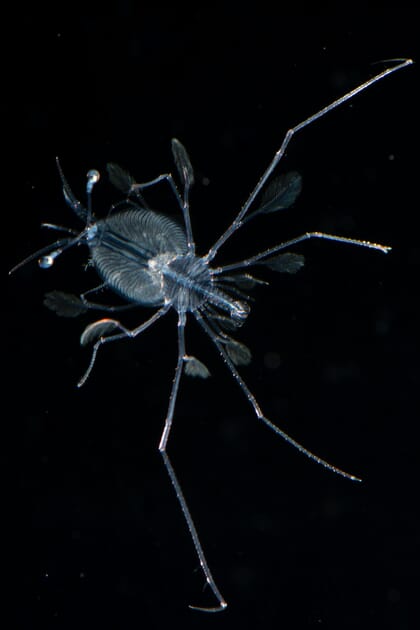Current Indonesian fisheries policies prohibits the catch of lobster juveniles (known as puerulus) and their use for aquaculture. Despite this fishing for these seed lobsters occurs widely, according to the researchers, who note that these juveniles are then smuggled into Vietnam, where the Vietnamese gain most of the commercial benefit.

© Dr David Fletcher
“Although the new policies were introduced as a management intervention to protect adult lobster stocks, they have had the unintended consequence of preventing development of lobster aquaculture while having no known benefit on abundance of adult lobsters,” the researchers explain.
They authors of the study use census data from previous fisheries to calculate that the country could sustainably harvest over 100 million juveniles to be on-grown in aquaculture facilities. the policies and regulatory framework should be revised to support lobster seed fishing and lobster aquaculture.
The study established that the lobster seed available are 70-80 percent Panulirus homarus and 20-30 percent Panulirus ornatus, and they can be collected using “simple artificial habitat collectors” in bays along the southern coastline of the country – from the west of Java to the east of Sumbawa over a range of 1,500 km.
They conclude that Indonesia has sufficient seed lobsters to generate over 12,500 tonnes of marketable lobsters – making it the largest rancher of lobsters in the world, in the process providing livelihood benefits to thousands of households.
“To achieve this, fisheries policies could be revised and a regulatory framework established to manage the puerulus fishery and support lobster farming. Tropical marine rock lobster aquaculture is a major opportunity for high-value aquaculture production for the Indonesian economy,” they conclude.
Further information
The study was published in Aquaculture, under the title "Assessment of the lobster puerulus (Panulirus homarus and Panulirus ornatus, Decapoda: Palinuridae) resource of Indonesia and its potential for sustainable harvest for aquaculture".



